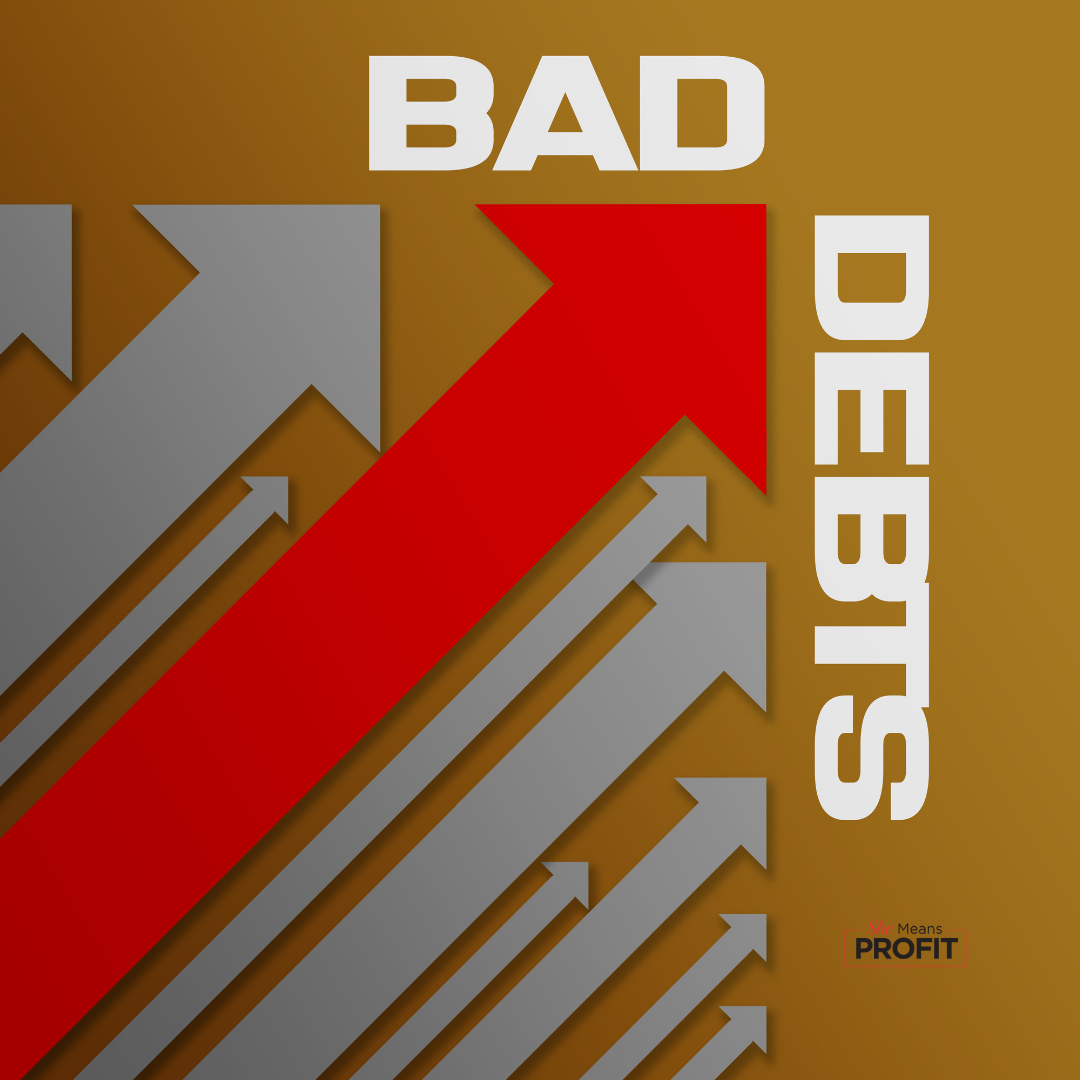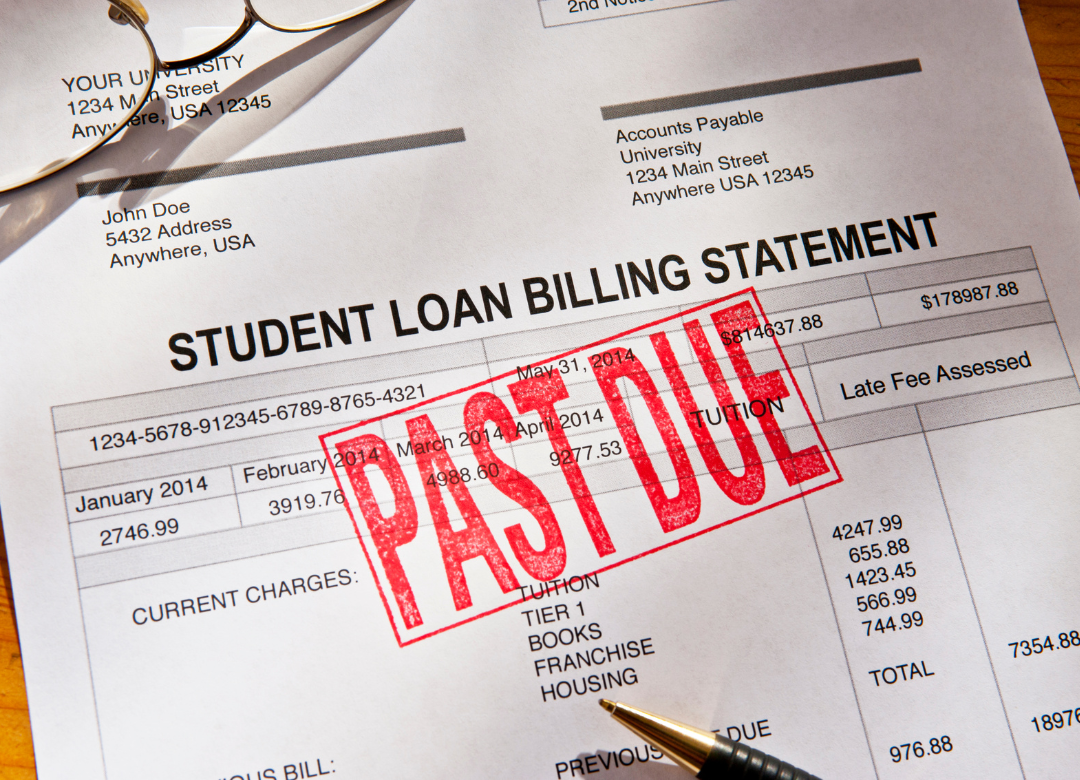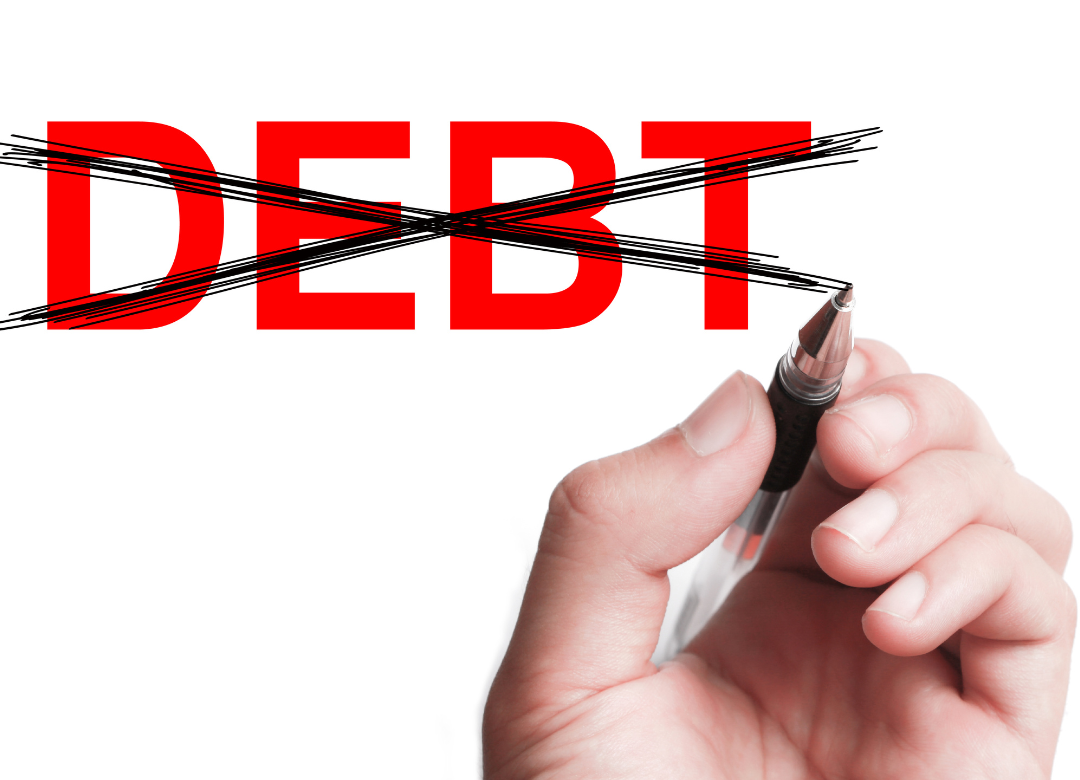How Can You Reduce Your Total Loan Cost?
You may have to take on debt to finance your operations as a business owner, but how can you reduce your total loan cost? Taking out a loan for your business can be a great way to access the capital you need, but it does come with some extra costs. Reducing your loan's total cost can help you save money and free up more resources for other purposes.
Taking out a loan is a common process for many individuals and businesses. Whether it's for starting a new venture, expanding an existing one, or for personal reasons, borrowing money from a financial institution can greatly help fulfill one's monetary needs.
However, the downside of taking out a loan is the interest that comes with it. The higher your loan amount is, the higher the interest rate you'll have to pay. This is why it is crucial to find ways to minimize your total loan cost as much as possible. In this blog post, we will discuss tips on how to do just that.
Securing a loan can be a significant financial decision, and understanding the costs associated with the loan is integral to ensuring your financial success. When you want to reduce costs associated with a loan, it's essential to take the time to research and compare multiple offers. Look into traditional and online lending institutions, as they may present different rates that benefit you.
Additionally, consider potential penalties for late payments or returning the loan early; such fees can add up quickly and significantly increase your costs over time. With some comprehensive comparison shopping and knowledge of loan terminology, you can make sure you find the most affordable option for your needs.
Carrying debt can quickly become an expensive burden, and interest starts to accrue once you take on borrowed money and can accumulate rapidly if payments are not made promptly. There is no way to avoid the associated debt costs with late payment fees, interest, and other hidden charges that can accompany owing money.

Here are some reasons why debt costs a lot of money:
- Interest Rates
One of the primary reasons why debt costs a lot of money is due to interest rates. When you borrow money, the lender will typically charge you an interest rate on the loan amount. The higher the interest rate, the more expensive your loan will be in the long run. Additionally, some lenders may offer lower promotional rates than their standard rates, but these rates are usually only available for a limited time.
- Loan Fees
Another reason why debt can be costly is due to loan fees. Many lenders charge fees for taking out a loan, such as origination fees or prepayment penalties. These fees can add up quickly and make it more challenging to pay off your debt promptly. It’s important to understand all of the fees associated with a loan before signing any paperwork so you can budget accordingly.
- Credit Card Interest Rates
Credit cards often come with high-interest rates, making them very expensive forms of borrowing. Credit card interest rates can range from around 10% to over 30%, depending on your credit score and other factors. Additionally, some credit cards come with annual fees that can add even more cost to your borrowing experience if you don’t pay off your balance each month.
- Late Payment Fees
If you fail to make timely payments, many lenders will charge late payment fees and additional interest charges on any past due balances. These fees can add up quickly and make it even harder to get out of debt promptly, so it’s important to stay on top of your payments and contact your lender if you anticipate being late on any payments in the future.
- Opportunity Cost
Finally, debt also has an opportunity cost because it ties up money that could otherwise be used for other purposes, such as investing or saving for retirement or college tuition expenses. Borrowing money means that you miss out on potential returns from investing or other opportunities that may arise down the road if you had access to those funds sooner rather than later
It is crucial for those who have taken on a significant amount of debt to carefully consider their repayment strategy and ensure that it fits within their budget and within the timeline provided by their creditors. By planning how to pay off your debt as soon as possible, you can alleviate the stress associated with your financial obligations and save yourself from paying an even higher price in the long run.

Aiming to be debt-free should be a priority for anyone looking to secure their financial future. Being in debt is financially draining and can negatively impact your mental health and overall well-being. Taking control of your finances is empowering, reducing the stress of debt and giving you a better choice in making long-term financial plans. Developing a plan to pay off debts and monitoring your spending habits before taking on additional debt can help you reach your goal of becoming debt-free sooner rather than later.
Financial literacy for business owners is important, and investing the time to learn financial literacy skills is wise. It is also smart to know how you can reduce your total loan costs if you've taken on too much debt.
Here are some of my top tips to keep in mind when looking to reduce your total loan cost:
1. Shop around for the best rates
When looking for a loan, it pays to shop around. Lenders offer different interest rates and fees, so comparing them before settling on one is essential. Pay attention to the advertised interest rate and any additional fees the lender may charge. Try negotiating with lenders to get better terms or lower rates. It would be best to consider the length of repayment periods when comparing loans, as this can significantly affect your overall cost.
2. Understand your loan agreement
It's always important to read the fine print when taking out any loan. Ensure you understand exactly what type of loan you are getting and all the terms, including repayment requirements and any prepayment penalties that might apply if you decide to pay off your loan early. Being familiar with these details will help you avoid unexpected surprises down the line that could increase your total costs.
3. Make payments on time
Regular payments on time are essential to keep your total loan cost down. Late payments can trigger extra fees or higher interest rates, adding more money to your debts. Setting up automatic payments is easy to ensure you never miss a payment and that those payments are consistently completed on time each month.

4. Pay your loan off early
The longer your loan term, the more you will pay interest. To reduce your total loan cost, consider paying off your loan early or making larger payments each month than what is required by your lender. This way, you can get out from under your debt faster and save money in the long run. Of course, make sure that you understand any potential penalties associated with paying off a loan early before doing so; some lenders may charge additional fees if you pay off a loan too quickly.
5. Make sure you have good credit
Your credit score significantly determines how much a lender is willing to lend and how much they charge in interest. That's why it pays (literally) to ensure that you have good credit before taking out a loan; if you have good credit, lenders are more likely to offer better rates and terms on their loans. Spend some time improving your credit score before applying for a loan so that you get the best possible deal from lenders.
6. Negotiate with your lender
If you feel the terms of your current loan are too expensive, feel free to reach out to your lender and ask for a better deal. Often lenders are willing to negotiate on their terms, such as reducing the interest rate or waiving specific fees. If you have been making regular payments on time, it is worth asking if there are any ways in which they can make the terms more favourable for you.

7. Shop around for better deals
Feel free to shop around and compare different lenders before settling on one option. Plenty of online comparison tools allow you to weigh different options against each other to determine what will give you the best deal possible. This way, you won't have to worry about being stuck with unfavourable terms down the road; instead, you can find something that works best for both parties from the start.
The temptation to opt for high-interest loans can be strong when borrowing money. After all, they seem like a quick fix for your financial needs. But before you make that decision, it's important to understand the potential consequences. High-interest loans can quickly spiral out of control, leaving you with a hefty debt that can be nearly impossible to repay.
While it may be tempting to ignore the future in favour of immediate gratification, in the long run, avoiding these loans can save you a lot of stress, headaches, and money. So, before making any decisions, it's important to do your research, consider all your options, and consider the impact of high-interest loans on your future financial stability.
Using your personal credit card to finance your business is tempting. After all, it's quick, easy, and seems convenient on the surface. However, using your personal credit card for business expenses can ultimately lead to a financial disaster. Not only does it blur the line between your personal and business finances, but it can also put your personal credit score at risk.
Additionally, if your business falls into debt, it can easily affect your financial standing. It's important to assess other options for financing, such as business loans, before opting for a personal credit card. Your business and personal finances deserve to be kept separate and secure, so making the right decisions early on is vital.

It's easy to get caught up in the excitement of making big purchases with your credit card, but it's important to remember the potential consequences of maxing out your credit limit. If you're not careful, taking on too much debt can negatively impact your credit score, making it harder to obtain loans, credit cards, and even renting an apartment. It's crucial to be mindful of your spending habits and pay back your debts on time to maintain healthy credit.
So next time you're tempted to make a pricey purchase that might put you over the limit, take a step back and consider the long-term consequences for your financial future.
You may have trouble making ends meet each month if you have too much debt. This is because a large portion of your income will go towards making debt payments, leaving you with less money for other expenses. This can lead to financial problems such as missed rent or mortgage payments, utility shutoffs, and evictions.
One of the most serious consequences of too much debt is that you may have to declare bankruptcy. This legal process allows you to discharge some of your debts and get a fresh start. However, it also comes with several drawbacks, such as the fact that it will stay on your credit report for up to 10 years. Additionally, you may lose some of your assets, such as your home or car.

The bottom line is that knowing how to reduce your total loan cost doesn't have to be complicated or time-consuming; it just takes research and planning! Shopping around for loans with competitive interest rates and fees, understanding the details in your agreement, and ensuring payments are made on time each month can help significantly lower overall costs. Taking these steps now could save you a lot of money in the long run!
Dealing with debt can be daunting, especially if you don't have a plan to tackle it. But fear not; we've got you covered! Our Cash Catalyst course is designed to help you create a customized debt repayment plan that suits your financial situation.
With this mini-course, you'll be able to determine the most efficient way to pay off your debt and the time frame in which to achieve your financial goals. Our expert instructors will guide you through the process with clarity and insight, so you can make smarter financial decisions and achieve the debt-free life you deserve.
Don't let debt control your life any longer; register for our Cash Catalyst course today and start taking control of your finances!


